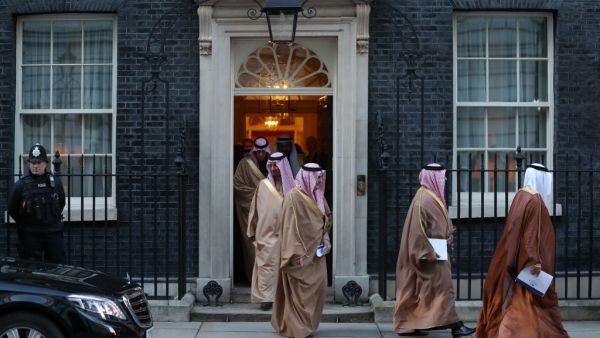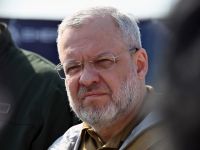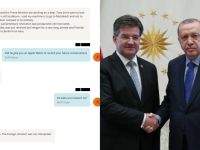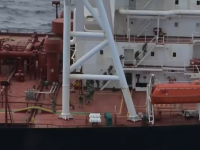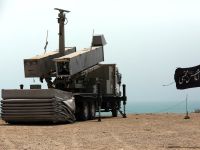Saudi Arabia has launched a new purported anti-corruption crackdown resembling the 2017 campaign, sparking further terror in the kingdom.
Reports say the new crackdown, which has targeted top-ranking military officials as well as low-key municipal, health and environment officials, aims to tighten Saudi Crown Prince Mohammed bin Salman (MBS)’s grip on power.
The drive emphasizes that "there is only one sheriff in town", French news agency AFP quoted an observer in Saudi Arabia as saying.
The crackdown is widely dubbed as a "mini Ritz" operation, a reference to the November 2017 clampdown that saw princes and tycoons rounded up and detained at the luxury Ritz-Carlton hotel in Riyadh over similar corruption charges.
The detentions had been ordered by Saudi Arabia’s so-called Anti-Corruption Committee headed by bin Salman in a crackdown widely believed to be aimed at consolidating his power.
The recent crackdown has led to scores of detentions in recent months and the seizure of hoards of cash.
The official anti-corruption agency Nazaha said in its reports published on state media that it has caught bribe-seekers "red-handed" in live raids.
Last month, the crown prince told the advisory Shura Council that the alleged anti-corruption campaign had yielded 247 billion riyals ($66 billion) over the last three years in addition to assets, real estate and stocks worth billions more.
But the New York-based Human Rights Watch warned earlier this year of "unfair legal proceedings" in an opaque judicial system.
Some speculate that the purge is a cover to replenish state coffers amid a deep economic contraction.
One Saudi academic told AFP he suspects the "real targets are not the corrupt, but fines and new sources of revenue", noting that there is no transparency over how the government will utilize the seized cash and assets.
Others have suggested that the drive aims to root out security officials not deemed loyal enough to the rulers.
This article has been adapted from its original source.


